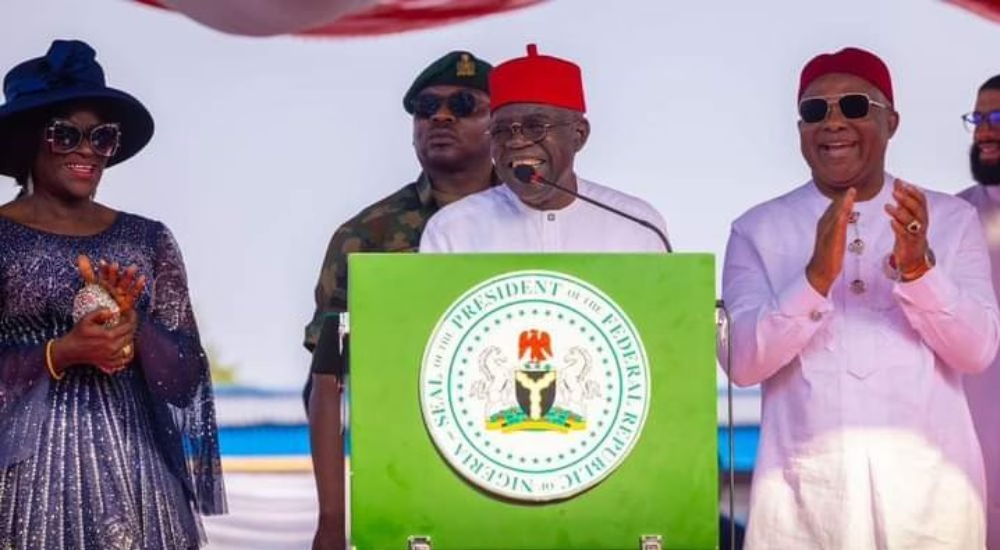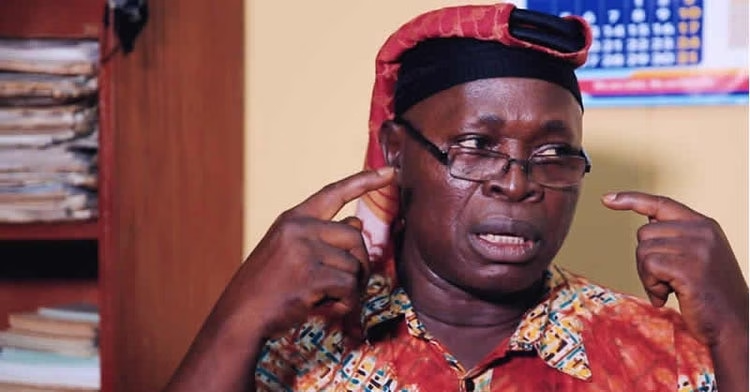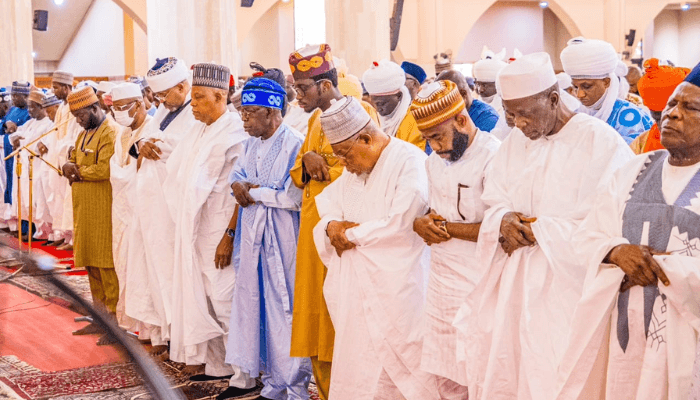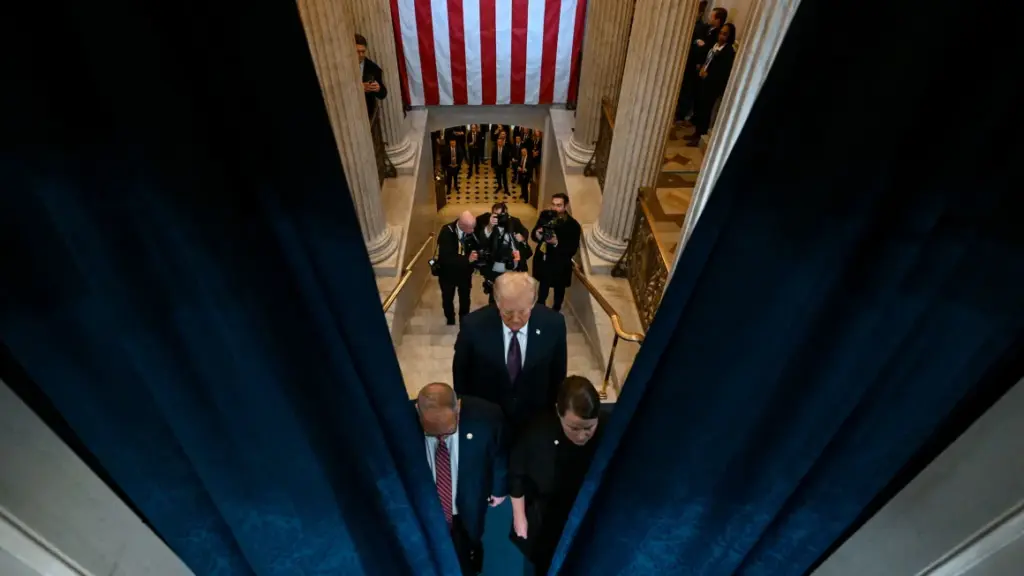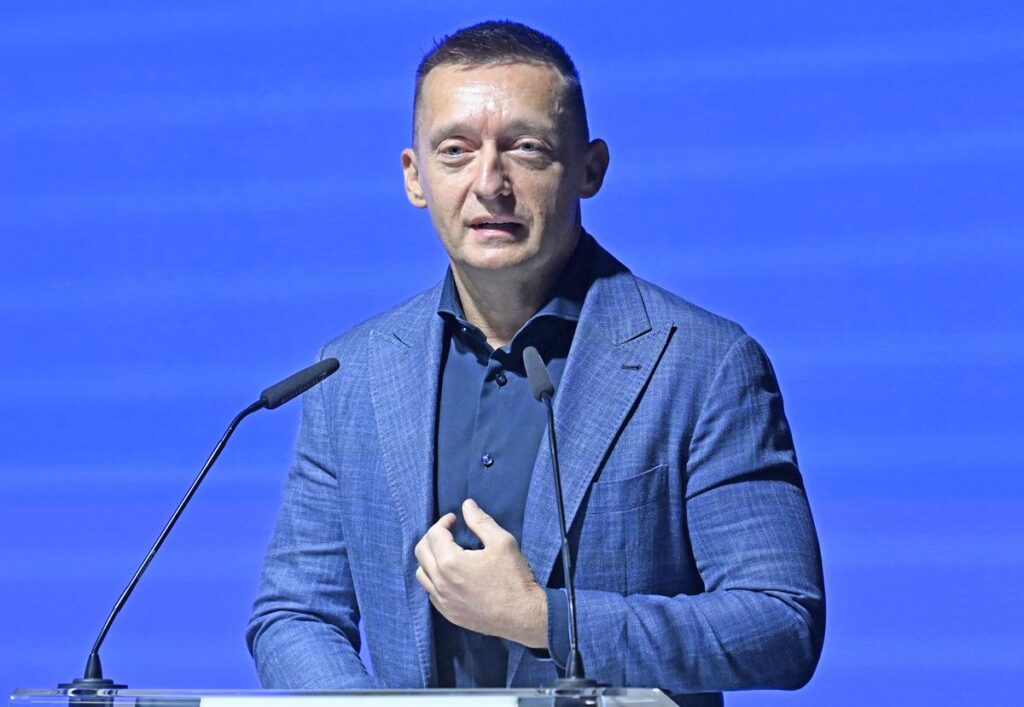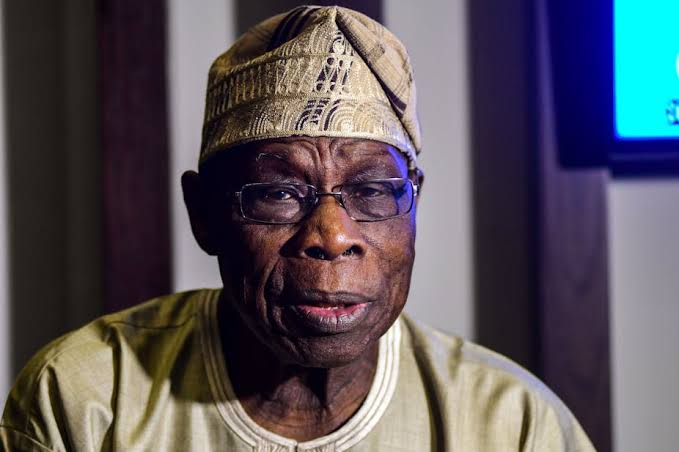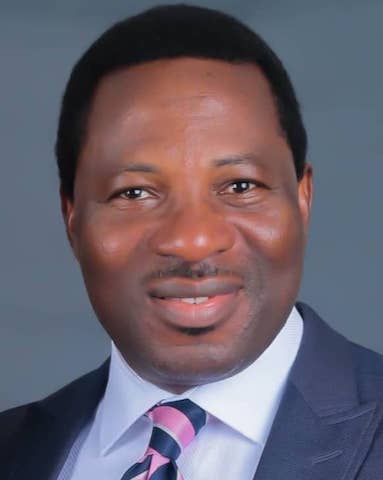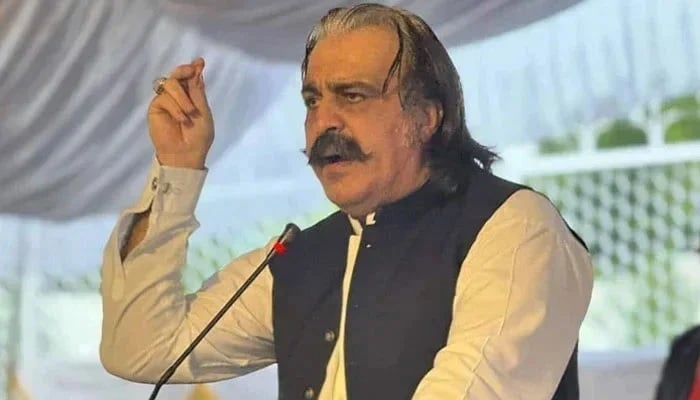Hungarian politician talks about revolution of national cohesion in Hungary
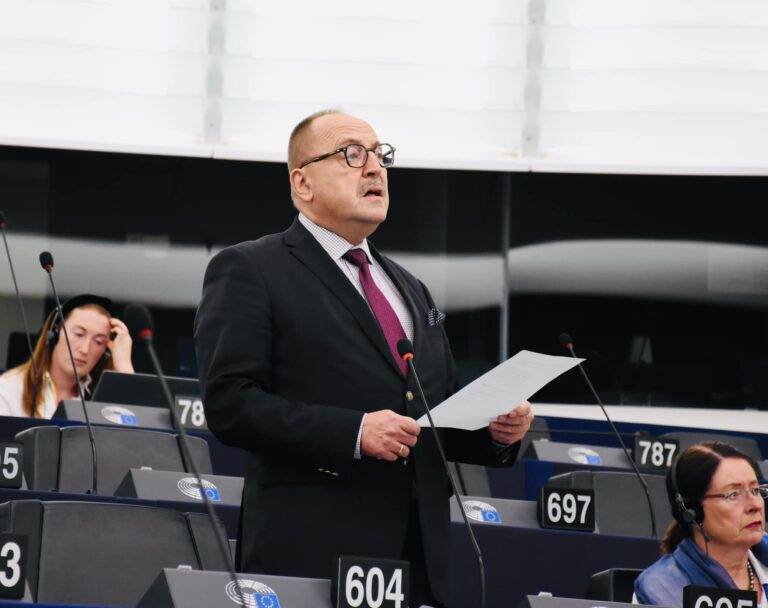
Politics tamfitronics
The last three and a half decades have seen a “revolution of national cohesion”, the head of parliament’s foreign affairs committee said at the Tranzit Festival in Tihany, at Lake Balaton, on Friday.
At a panel discussion on the unification of the nation following the transition to democracy, Zsolt Németh said Hungarian politics had “questioned the status quo that essentially said it was impossible to build any sort of political, economic or cultural structure on national cohesion and a unified Hungarian nation”.
He said one important step in this had been the establishment of the Hungarian Permanent Conference (MÁÉRT) during the first government of Prime Minister Viktor Orbán. Afterwards, he added, there had been “countless political, economic, educational, church and civil structures built on this sense of national cohesion”.
“That’s why we can consider the last 35 years a revolution of national cohesion,” Németh said, underscoring the need to “find the opportunities with which we can continue on this path”.
Politics tamfitronics Peace, economic stability, prosperity needed
Miklós Panyi, state secretary at the Prime Minister’s Office, said that the favourable international environment and external circumstances also contributed to enabling Hungary’s policy for ethnic minorities. “It offered a path” that provided an opportunity in bilateral relations to incorporate such issues as minority protection and local ethnic Hungarian community affairs, he added.
Panyi said peace, economic stability, prosperity and good bilateral relations will be needed in the future, as well as strong local ethnic Hungarian representation and a strong motherland that can maintain a strong support system in ethnic minority policy.
Head of the Alliance of Vojvodina Hungarians Bálint Pásztor said certain initiatives in Hungary’s policy for ethnic minorities had originated from Vojvodina Hungarians, citing the demand for dual citizenship as an example.
Árpád Antal, a senior politician of the Democratic Union of Hungarians in Romania and the mayor of Sfantu Gheorghe (Sepsiszentgyörgy) said the developments since 2010 successfully strengthened Transylvanian Hungarians’ self-confidence and added that demographic indicators have also been favourable.
Read also:
- Political director Orbán talked about “the Hungarian grand strategy” at Balaton festival
- Hungary evicts thousands of refugees, including ethnic Hungarians, amid National Day celebrations
If you would like to support the work of the Daily News Hungary staff and independent journalism,
please make a donation here
Discover more from Tamfis Nigeria Lmited
Subscribe to get the latest posts sent to your email.



 Hot Deals
Hot Deals Shopfinish
Shopfinish Shop
Shop Appliances
Appliances Babies & Kids
Babies & Kids Best Selling
Best Selling Books
Books Consumer Electronics
Consumer Electronics Furniture
Furniture Home & Kitchen
Home & Kitchen Jewelry
Jewelry Luxury & Beauty
Luxury & Beauty Shoes
Shoes Training & Certifications
Training & Certifications Wears & Clothings
Wears & Clothings





